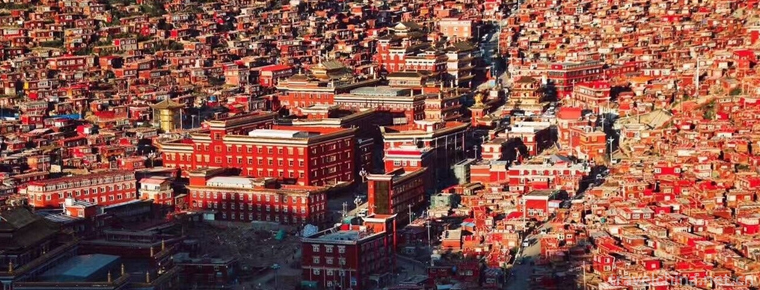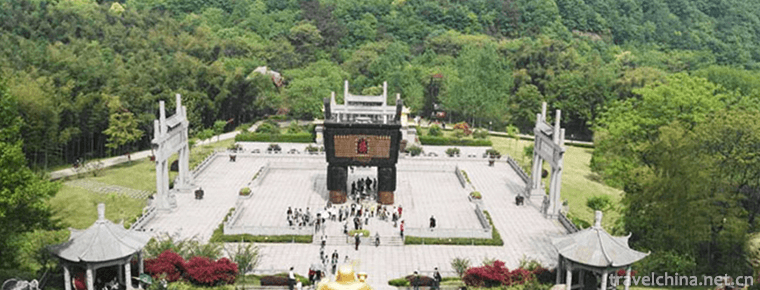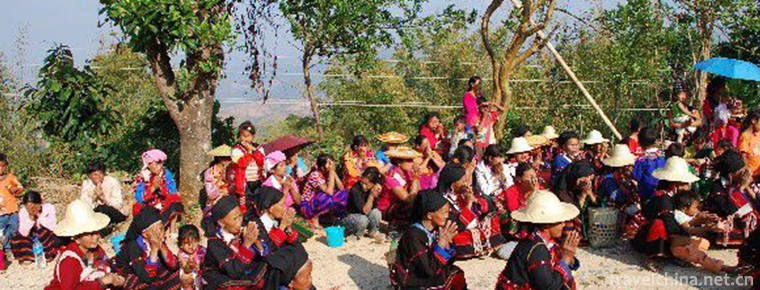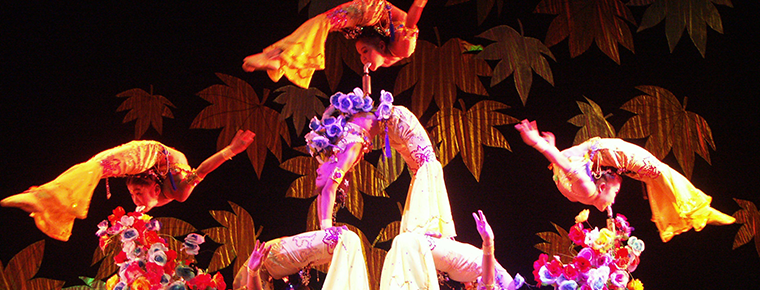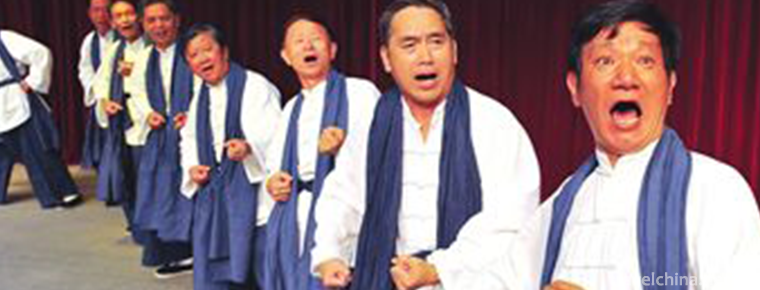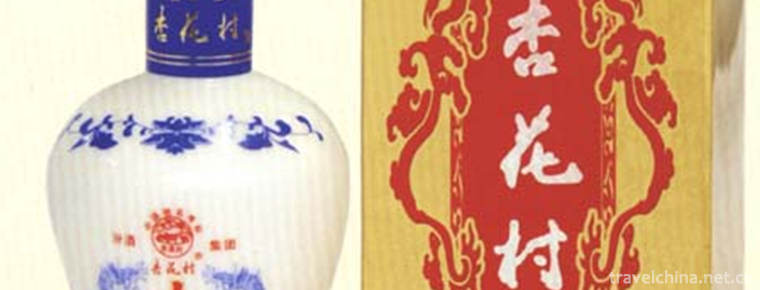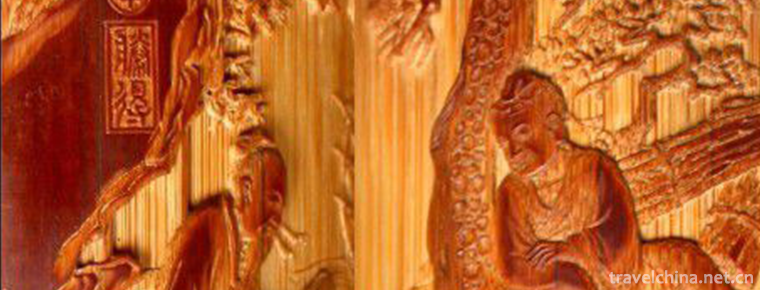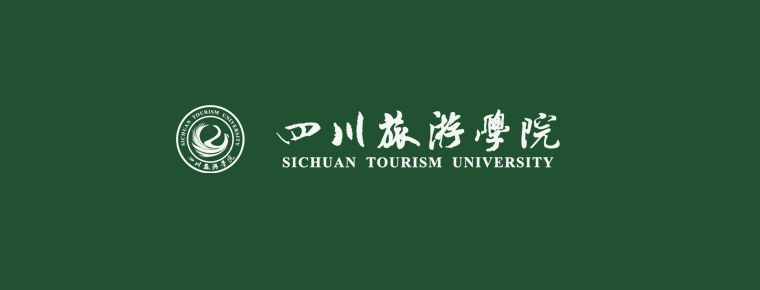Luoyang Peony Festival
Luoyang Peony Festival
The Chinese Luoyang Peony Culture Festival, formerly known as the Luoyang Peony Flower Festival, has been selected into the national intangible cultural heritage list since 1983. In November 2010, it was officially approved by the State Council and the Ministry of Culture to be upgraded to a national festival and renamed as the "Luoyang Peony Culture Festival of China", sponsored by the Ministry of Culture and the People's Government of Henan Province. Flowers blossom and fall on the twentieth day. Everyone in a city is crazy. China Luoyang Peony Culture Festival is a large-scale comprehensive economic and cultural activity which integrates flower and lantern viewing, tourism, economic and trade cooperation and exchange. It has become a platform for Luoyang to develop its economy and a window to display its city image, a bridge for Luoyang to go to the world and a business card for the world to understand Luoyang.
Basic introduction
The Chinese Luoyang Peony Culture Festival, formerly known as the Luoyang Peony Flower Festival, has been selected into the national intangible cultural heritage list. By 2012, the Luoyang Peony Culture Festival successfully held 30 sessions and upgraded the national cultural festival in 2010. Over the past 30 years, the Municipal Committee and the Municipal Government have adhered to the guiding ideology of "taking flowers as media, making friends widely, publicizing Luoyang and expanding its opening up", "setting up a platform in Luoyang and singing operas throughout the province", and have organized the Peony Flower Club into a large-scale comprehensive economic and cultural activity that integrates flower viewing, tourism, economic and trade cooperation and exchanges. Luoyang Peony Flower Festival has become a major event in the political, economic and cultural life of the city's people, an indispensable grand festival for the people of Luoyang, a platform for Luoyang's economic development and a window for displaying the image of the city, a bridge for Luoyang to enter the world and a business card for the world to understand Luoyang. At the same time, it has become an excellent platform and stage for enterprises to display their strength, establish their image and publicize their reputation.
development history
On September 21, 1982, the Standing Committee of the People's Congress of Luoyang City adopted a resolution to regard peony as the "city flower" of Luoyang City. The annual Luoyang Peony Flower Fair was held from April to May according to the situation of peony blooming. Since 1983 (2013), Luoyang has successfully held 31 peony fairs.
humanistic spirit
In Chinese traditional culture, peony is elegant, dignified and magnificent, which evokes many associations, derives the cultural symbolic meanings associated with it, and forms the basic connotation of peony culture. In the minds of the people, peony is the embodiment of beauty, the symbol of purity and love. The national dignity is prosperous, the family is rich, noble and safe, and people like happiness and auspiciousness. Peony has both these characteristics and implications.
(1) Symbols of national prosperity and prosperity
Peony blossoms in blooming season, blooming like brocade, brilliant. In the prosperous period of the Tang Dynasty, the whole country was overwhelmed by it. The peony flower season became the carnival of the capital Chang'an and Luoyang. Since the Tang and Song Dynasties, peony has become a symbol of auspicious happiness, prosperity and prosperity, and can be continued from generation to generation.
In 1959, Premier Zhou Enlai said in Luoyang: "Peony is the national flower of our country. It is graceful, magnificent and magnificent. It is the symbol of the prosperity, prosperity and happiness of our Chinese nation." Today, the cultural symbolic significance of peony has been given new meaning, because it represents the peaceful and peaceful future of China, which is reforming and opening up. It has bright characteristics of the times and expresses the common ideals and aspirations of the people of all nationalities.
(2) Expectation and Pursuit of Rich Life
Peony flower grandmother purple son-in-law red, magnificent, from the temperament to give people a sense of wealth. Since the Song Dynasty, peony has been called "rich flowers". This is from Zhou Dunyi, a philosopher of Song Dynasty, who wrote in The Talk of Ailian: "Since Li and Tang Dynasty, the world has loved peony very much", "Peony, the rich and noble of flowers". From then on, peony and the word "rich and noble" are closely linked. In the paintings of past dynasties and various arts and crafts, peony, as a symbol of wealth, shows different meanings combined with wealth in different combinations with other flowers, birds and rocks.
(3) High-minded and respectful spirit without fear of dignity and dignity
People love peony and endow it with the excellent character of representing the spiritual strength of the Chinese nation. Wu Zetian visited the garden in winter. It was so popular that he ordered 100 flowers to open within a certain time. They were deterred by power and had to open. The single peony did not blossom on time, but Wu Zetian ordered it to be set on fire and demoted to Chang'an. In The Story of Autumn Wong Meet the Immortals, a group of evil slaves destroyed the flower hegemony garden. Peony fairies came in time to save the destroyed peony flowers and severely punished the thugs. Peony is highly praised for its spirit of being fearless of powerful and evil forces. As a "rich and precious flower", peony is not delicate and fragile. She originally grew in the mountains of Mangmang. In modern times, because of the shrinking forest area, the Wild Peony can only grow stubbornly in the cliffs. On the arid and barren land of the Loess Plateau, she still blossoms brilliantly.
economic cooperation
In 2012, the 30th Luoyang Peony Culture Festival of China signed 117 projects of foreign economic and technological cooperation, with a total investment of 10.73 billion yuan. Five of the world's top 500 enterprises, Mitsui Real Estate Co., Ltd. of Japan and Sandvik Company of Sweden have invested in Luoyang for the first time.
Social evaluation
From July 11 to 12, 2010, Liu Yuzhu, Director of Cultural Industry Department of the Ministry of Culture, came to Luoyang to investigate the development of Luoyang Peony Flower Festival and cultural industry. Liu Yuzhu pointed out that through five to ten years'efforts, Luoyang Peony Festival should be promoted to one of the most internationally influential cultural festivals and brands in China, so as to become a platform for displaying the spiritual features of contemporary Chinese people, for cultural exchanges between China and the world, and for a grand cultural festival with sustained international influence.
Therefore, in the future, we should combine the profound historical and cultural resources of Luoyang with the rapid development of contemporary culture to make it a platform for displaying the spiritual features of contemporary Chinese people; each flower festival should be combined with national cultural activities to become a miniature of national cultural activities; and the flower festival should be closely integrated with cultural industry to develop more and better cultural activities. Promoting the development of cultural industry; combining with expanding China's influence in the world, especially in culture, to make Huahui a platform for cultural exchange between China and the world; promoting the aesthetic taste and cultural quality of the whole people through Huahui activities. In the future, the Ministry of Culture will give full support to the Luoyang Peony Flower Fair and strive for a higher level and a new level as soon as possible.
On December 29, 2010, the Henan Provincial Department of Culture and the Luoyang People's Government held an expert demonstration meeting on the 29th Luoyang Peony Culture Festival in Zhengzhou.
In 2011, Luoyang Peony Culture Festival was awarded the most influential festival in the world in the selection of "Excellent National Festival 2011" sponsored by the Chinese Anthropological Ethnology Research Association and the International Festival Association. The evaluation refers to the authoritative evaluation system of the International Festival Association, and takes the nationality, internationality and innovation of the festival as the important evaluation index to create and support excellent national festival brand activities.
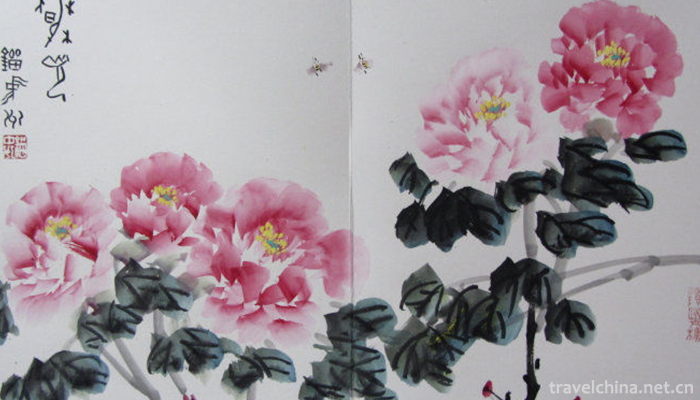
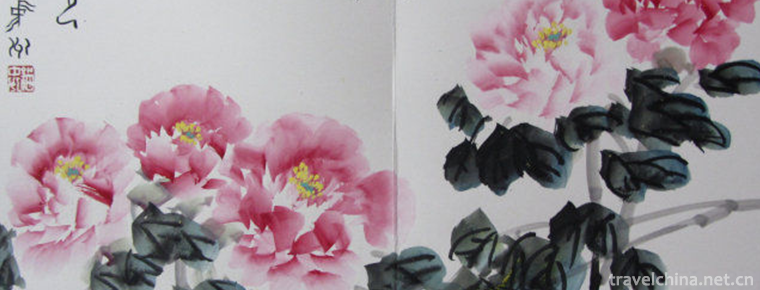
Luoyang Peony Festival
-
Sertar County
Sertar County is a county under the jurisdiction of Ganzi ...
Views: 246 Time 2018-10-12 -
Malenqi Peak Forest Tourist Area
Located at the junction of Tongling, Nanling and Fanchang counties on the South Bank of the Yangtze River, Maren Qifeng scenic spot is located in the middle of the southern Anhui tourism belt
Views: 222 Time 2019-02-06 -
De ang Watering Festival
The De'ang Water-Sprinkling Festival (also known as the Water-Sprinkling Festival) is held seven days after the Qingming Festival every year. It is a three-day commemorative event that combines the th
Views: 194 Time 2019-04-26 -
Jianhu acrobatics
Jianhu acrobatics is a kind of traditional acrobatics art of Han nationality, which originated and spread in Jianhu County, Yancheng City, Jiangsu Province. Historically,
Views: 92 Time 2019-05-05 -
Wharf song
The dock number is a traditional folk song in Shanghai. Singing in docks, cargo yards, loading and unloading, lifting, push and pull and other labor occasions. The main singing methods of wharf number
Views: 151 Time 2019-05-16 -
Wudang Shenju
Wudang Shenxi Opera is a kind of traditional opera in Xijiadian Town, Danjiangkou City, Hubei Province. It has a history of nearly 400 years since the Wang family absorbed Wudang culture and the music
Views: 349 Time 2019-06-30 -
Brewing Techniques of Fen Liquor in Xinghua Village
The brewing process of Fen liquor in Xinghua Village is complicated. Fen liquor in Xinghua Village is finally brewed through six main processes: grinding, moistening, steaming, fermentation, distillat
Views: 156 Time 2019-07-08 -
Bamboo carving
Bamboo carving, a traditional folk carving art, uses bamboo roots to carve characters and animal and plant images, or carves characters and pictures on bamboo materials and bamboo utensils. Usually al
Views: 331 Time 2019-08-10 -
Sichuan Tourism University
Sichuan Tourism College is the first independent tourism undergraduate college in China. In 2018, it was approved by the Overseas Chinese Office of the State Council as the base of "Overseas Chin
Views: 164 Time 2019-08-31 -
Huangjing Nature Reserve
This entry is lack of overview map, supplement the relevant content to make the entry more complete, but also quickly upgrade, come on!
Views: 326 Time 2020-10-16 -
Leshan climate
Leshan has formed a variety of climate types under specific geographical conditions. Because the region is located near 29 ° n, the city belongs to the middle subtropical climate zone, with the characteristics of four distinct seasons, abundant rainfall, water
Views: 407 Time 2020-12-17 -
Yibin water resources
Yibin city produces 614500 cubic meters of water per square kilometer per year. In addition to the amount of water from various rivers in the city, the city has a total annual water volume of 242.84 billion cubic meters, and the average annual water occupatio
Views: 385 Time 2020-12-18
